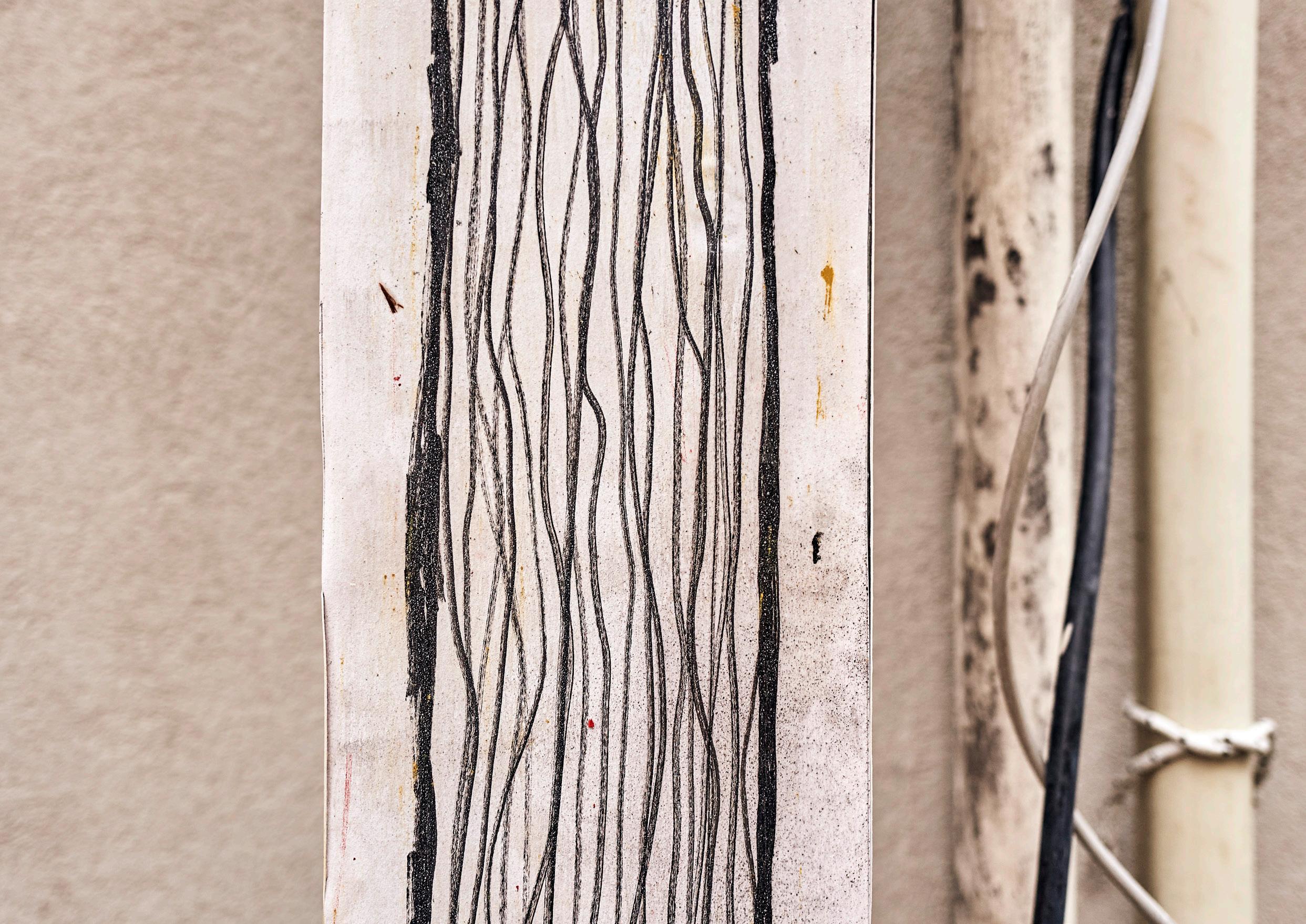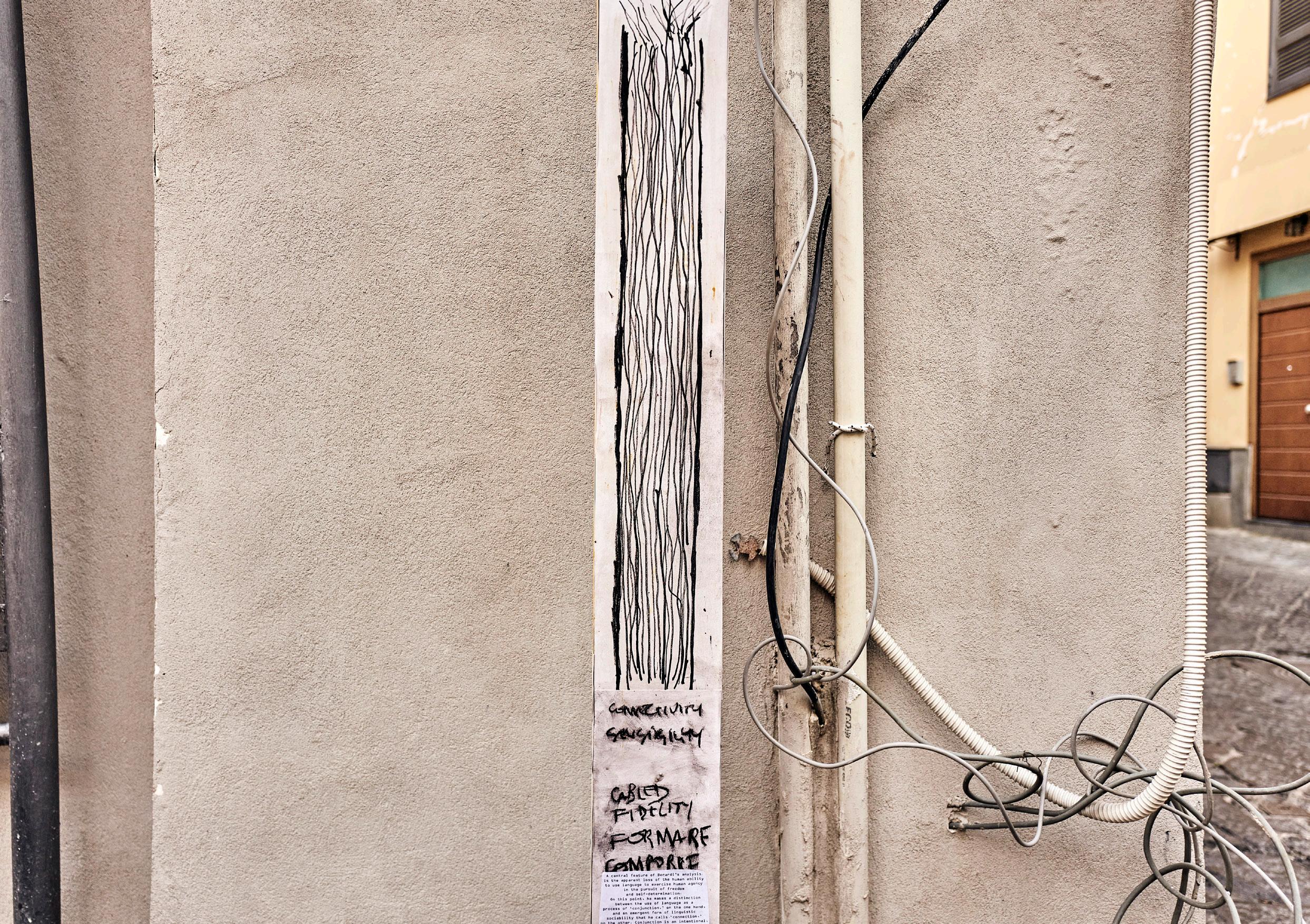connettere dismettere rimuovere
to connect to dismiss to remove






le telecomunicazioni questa cabina sarà rimossa
non tanto tempo fa

A central feature of Berardi’s analysis is the apparent loss of the human ability to use language to exercise human agency in the pursuit of freedom and self-determination. On this point, he makes a distinction between the use of language as a process of ‘conjunction,’ on the one hand, and an emergent form of linguistic sociability that he calls ‘connection,’ on the other. Conjunction is an intentional, creative act, wherein human subjects use language to assemble meaningful identities, choosing among alternative ways of existing in a groundless world where opportunity and possibility are determined through thought, word, and deed. ‘Conjunction is a random concatenation, whose only rule is desire’ (226). Conjunction is the process by which reality is socially constructed by autonomous individuals who continually create their autonomy. Conversely, ‘connection’ is a reactive, passive, mode of interaction in which humans are mere conduits of information, transmitting words and images whose meaning is overdetermined by automated systems. Conjunction requires struggle, negation, compromise, and cooperation, so it can facilitate solidarity. However, connection simply involves drifting from one cause to another, without struggle, and without forming a vision of society worth struggling for.


le radici il sotto i cavi
the roots
the underside the cables

cabled fidelity

formulare comporre connectivity sensitivity sfilare incidere
to express to compose to unthread to engrave



to unthread to disappear



tension between memory and oblivion culture
work of nature

please, notice
(this is a ruin)


(ruins are) testimony in a given space of a greatness from the past that is impossible to understandAlain Schnapp




potrebbe non mantenersi possibly, it could not be kept forever




